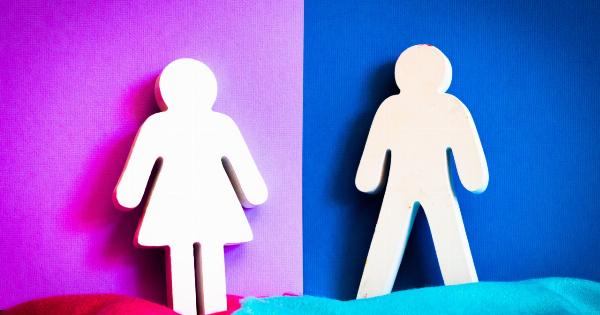Postpartum depression is a serious mental health condition that affects women after giving birth. However, this condition is not exclusive to women.
Men can also experience postpartum depression, yet it is often overlooked and not discussed in the same way that women’s postpartum depression is. In this article, we will explore male postpartum depression, its causes, symptoms, and treatment options.
What is Male Postpartum Depression?
Male postpartum depression is a type of depression that occurs in men after their partners have given birth.
This type of depression can occur due to a variety of factors, including hormonal changes, sleep deprivation, and the stresses associated with parenthood.
Although postpartum depression is more commonly experienced by women, studies suggest that men can also experience postpartum depression.
In fact, research has found that up to 25% of men experience some form of postnatal depression within the first year of their child’s birth.
Causes of Male Postpartum Depression
There is no one single cause of male postpartum depression. However, several factors can contribute to the onset of this condition.
Some of the most common causes of male postpartum depression include:.
- Hormonal changes: Men experience hormonal changes after their partner gives birth. These changes in hormone levels can cause mood swings and other emotional changes that can contribute to postpartum depression.
- Sleep deprivation: Newborns require frequent feeding and care, which can contribute to sleep deprivation in both parents. Sleep deprivation can cause irritability, mood swings, and other symptoms commonly associated with postpartum depression.
- Stress: Parenthood is a significant life change that can cause stress for both men and women. Stress associated with financial concerns, relationship issues, and childcare responsibilities can all contribute to male postpartum depression.
- Personal history of depression: Men who have a personal history of depression or other mental health conditions may be more likely to experience postpartum depression.
Symptoms of Male Postpartum Depression
The symptoms of male postpartum depression can vary from one person to another. However, some of the most common symptoms of this condition include:.
- Feeling sad or hopeless: Men with postpartum depression may experience persistent feelings of sadness or hopelessness.
- Difficulty bonding with the baby: Men with postpartum depression may find it challenging to bond with their newborn baby.
- Loss of interest in activities: Men with postpartum depression may lose interest in activities they previously enjoyed.
- Changes in appetite and sleep: Men with postpartum depression may experience changes in appetite and sleep patterns, such as insomnia or oversleeping.
- Irritability or anger: Men with postpartum depression may become irritable or experience sudden outbursts of anger.
- Difficulty concentrating: Men with postpartum depression may have a hard time concentrating or making decisions.
Treatment Options for Male Postpartum Depression
The treatment options for male postpartum depression are similar to those for women. The most common treatments for this condition include:.
- Talk therapy: Talk therapy, such as cognitive-behavioral therapy, can help men with postpartum depression work through their thoughts and emotions and develop coping strategies.
- Medication: Antidepressant medications can be effective in treating postpartum depression in men.
- Lifestyle changes: Making lifestyle changes, such as getting enough sleep, eating a healthy diet, and exercising regularly, can help improve symptoms of postpartum depression.
- Support groups: Joining a support group for men with postpartum depression can help men feel less alone and provide them with the support they need to manage their condition.
Conclusion
Male postpartum depression is a serious mental health condition that can occur after a partner gives birth. This type of depression is often overlooked and not discussed in the same way that women’s postpartum depression is.
However, up to 25% of men experience postnatal depression within the first year of their child’s birth. It is essential to recognize the signs and symptoms of male postpartum depression and seek treatment to manage the condition effectively.






























